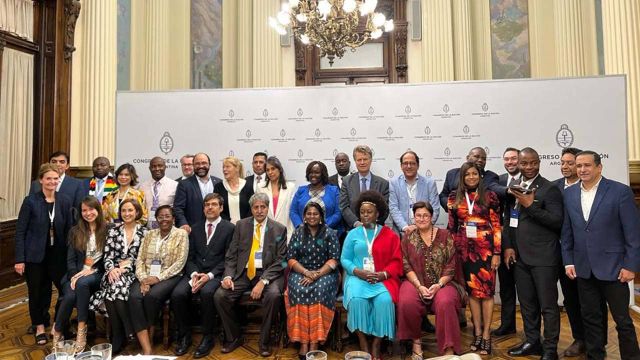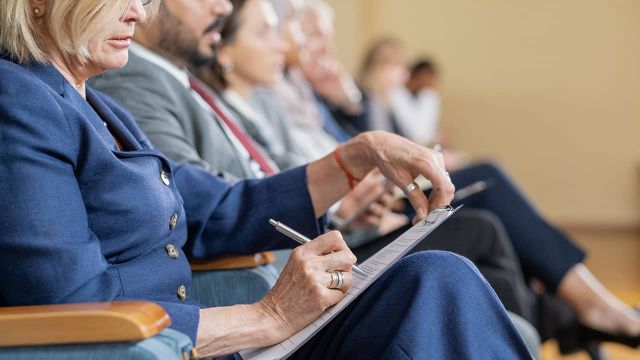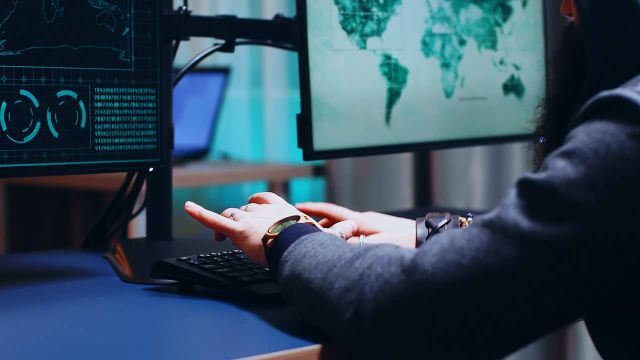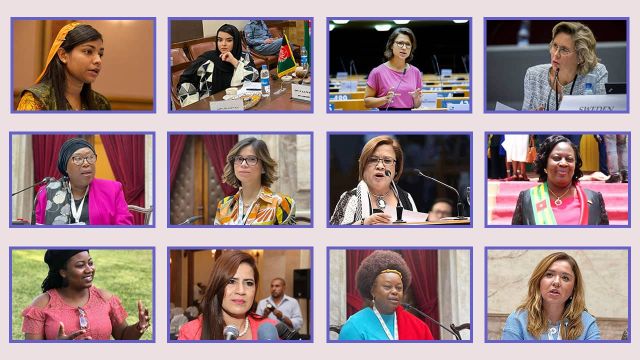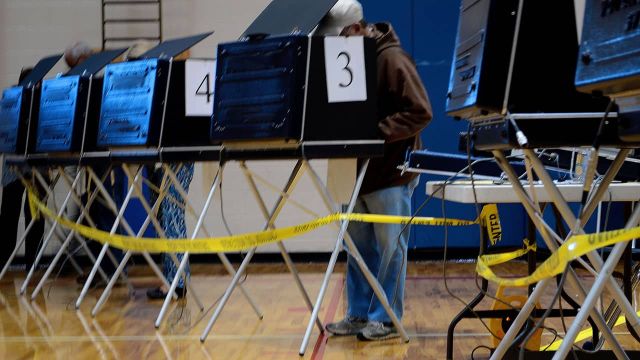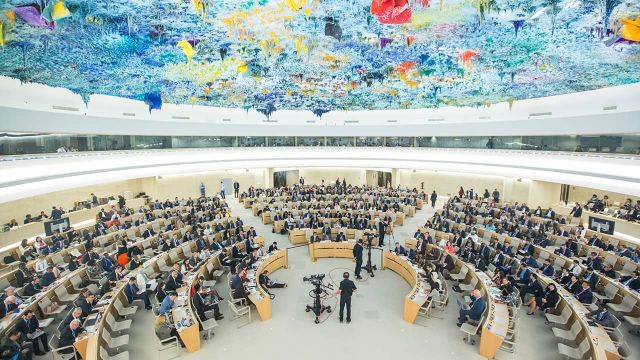7.1 E-governance and e-government
E-governance and E-government are two closely related terms, but they have slightly different meanings. E-governance is a broader term that encompasses the use of information and communication technologies (ICTs) to improve the delivery of government services to citizens, businesses, and other stakeholders. It also includes using ICTs to improve efficiency and effectiveness of government operations. E-government primarily focuses on delivering government services online – including online tax filing, online passport applications, and online social security payments – while E-governance encompasses broader aspects of citizen engagement, transparency, and participatory decision-making.
Examples of E-governance:
- The use of ICTs to improve the delivery of public healthcare services, such as online appointment scheduling and electronic health records.
- The use of ICTs to improve the efficiency and effectiveness of tax collection, such as online tax filing and electronic payments.
- The use of ICTs to improve the transparency and accountability of government, such as online disclosure of government budgets and financial statements.
Examples of E-government include:
- Online tax filing;
- Online passport applications;
- Online social security payments;
- Online vehicle registration;
- Online business licensing.
E-governance and E-government have a number of potential benefits, including:
- ICTs can help governments deliver services more efficiently and effectively by automating tasks, reducing paperwork, and streamlining processes.
- ICTs can help governments reduce costs by automating tasks, eliminating the need for physical infrastructure, and reducing the need for staff.
- ICTs can help to increase transparency and accountability by making government information and data more accessible to citizens and businesses.
- ICTs can help improve citizen satisfaction by making it easier for citizens to access government services and providing them with more options for interacting with the government.
However, there are also some challenges associated with E-governance and E-government, including:
- Implementing E-governance and E-government initiatives can be expensive, especially for developing countries.
- E-governance and e-government systems are vulnerable to cyberattacks, so it is important to implement robust security measures.
- Not everyone has access to the internet or computers, so it is crucial to ensure that e-governance and E-government initiatives are inclusive and bridge the digital divide gaps.
Despite the challenges, E-government and E-governance are essential for building more efficient, effective, and transparent governments in the 21st century. Governments should continue investing in E-government and E-governance initiatives to improve the lives of their citizens and corporations.
7.2 Cybersecurity: Vulnerabilities of the information space
The information space is the interconnected collection of systems, networks, and data we use to communicate, learn, and interact with the world. It is essential to our modern way of life but also vulnerable to several threats. Cybersecurity protects systems, networks, and data from unauthorized access, use, disclosure, disruption, modification, or destruction.
The information space is vulnerable to cybersecurity threats, including:
- Cyberattacks, which can be carried out by individuals, criminal organizations, or even states. They can be used to steal, disrupt, or destroy data and systems.
- Misinformation and disinformation. They can be used to manipulate public opinion, undermine trust in institutions, and increase polarization in society.
- Violations of the right to privacy when personal data is collected, used, or shared without the individual's consent. Governments, corporations, or even individuals can do this.
- Censorship, when the suppression of information or ideas is considered objectionable by those in power. It can silence dissent, control the flow of information, and maintain the status quo.
- Digital division – the gap between those with access to the information space and those without access. Factors like poverty, lack of education, or geographic location fuel this divide.
It is important to be aware of the vulnerabilities and misuse of the information space and to take steps to protect citizens from them. Parliamentarians can do this by:
- Raising awareness on cyber security. They can inform individuals of the importance of using strong passwords, installing security software, and being careful about what links they click on and what attachments they open to protect them from cyberattacks.
- Encouraging the population to be informed consumers of information. People should maintain a healthy skepticism of the information they see online and not believe everything they read. Individuals should also be aware of the sources of information and be careful about sharing information that they are not sure is accurate.
- Protecting people’s privacy. Parliamentarians should encourage using privacy-enhancing tools and technologies to protect citizen’s data from being collected and used without their consent.
- Fighting censorship. This can be done by supporting organizations promoting freedom of expression and using tools and technologies to circumvent censorship.
- Bridging the digital divide. Parliamentarians can bridge the digital gap by supporting programs that provide access to technology and education for those who need it.
Given what we have already observed with government regulation of existing critical infrastructures, regulatory action will similarly be slow to move to enable effective responses to space-based cyber threats. We must look beyond historic strategies of deterrence and come up with creative and innovative threat solutions. This will require a regulatory approach, which prioritizes industry-led and directed standards - especially in terms of collaborating across sectors, sharing information, and assessing what is acceptable versus non-negotiable risk. Further, international cooperation and partnership with both traditional and non-traditional allies — including states and international space supply chain stakeholders — to create sustainable norm frameworks will be crucial to mitigating risk in the long-term.”1
Legislators can protect journalists and media freedom2 by:
- Enacting and strengthening shield laws. Shield laws protect journalists from being compelled to reveal their confidential sources. These laws are essential for journalists to do their jobs and hold powerful people accountable.
- Protecting whistleblowers. Whistleblowers are people who expose wrongdoing within the government or private sector. They play a vital role in safeguarding democracy and the public interest. Legislators can protect whistleblowers by enacting and strengthening whistleblower protection laws.
- Funding public media. Public media is independent of government and corporate control. It is vital to provide citizens with high-quality, unbiased news and information. Legislators can support public media by providing adequate funding and protecting editorial independence.
- Investigating and prosecuting attacks on journalists. Legislators should hold accountable those who attack journalists or try to silence the media. This includes investigating and prosecuting attacks on journalists and bringing the perpetrators to justice.
Furthermore, legislators can also help to protect journalists and media freedom by promoting a culture of respect for freedom of expression and by defending the right of journalists to do their jobs without fear of reprisal. Citizens can also help to protect freedom of information and ensure that it remains a vital component of democracy.
Footnotes:
1 Meg King, Sophie Goguichvili, Cybersecurity Threats in Space: A Roadmap for Future Policy, published on 8 October 2020.
2 International Bar Association, High Level Panel of Legal Experts on Media Freedom - Our Reports.




